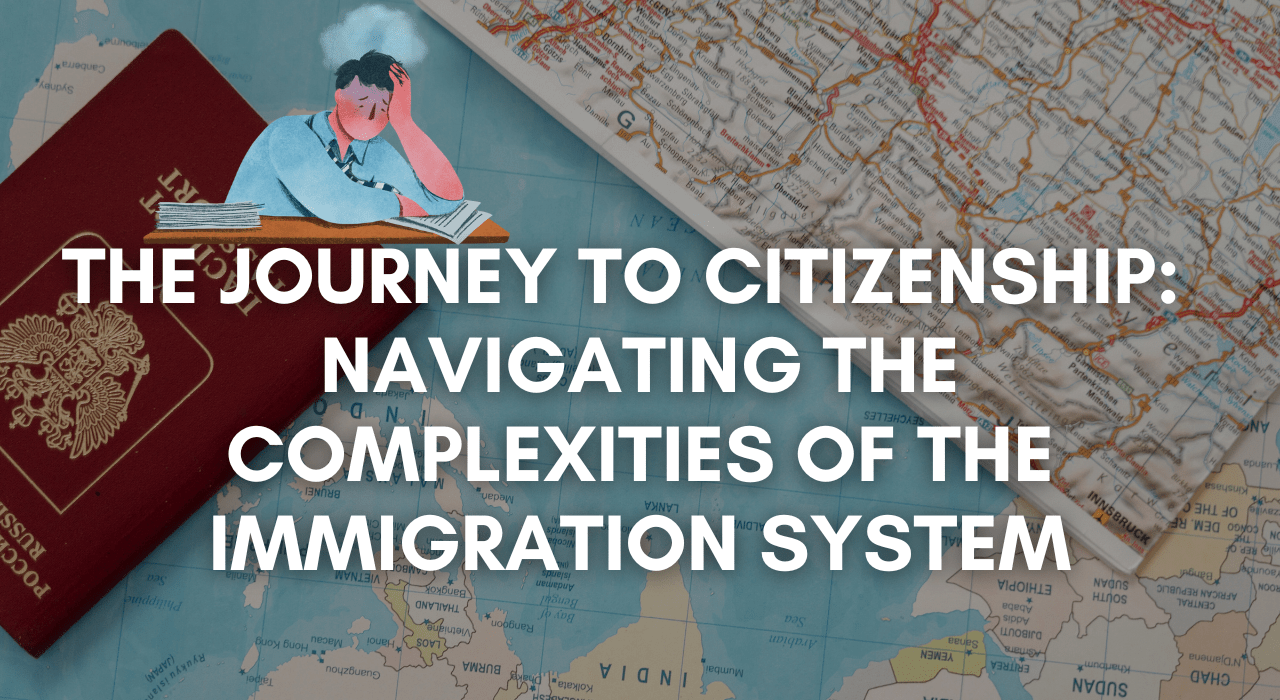
Introduction:
The journey to citizenship is a complex and intricate process that individuals navigate within the immigration system. Understanding the steps, requirements, and challenges involved is crucial for those seeking to become citizens. In this article, we will explore the path to citizenship, shed light on the complexities of the immigration system, and provide guidance for a successful journey.
- The Importance of Immigration Documentation:
Obtaining and maintaining accurate immigration documentation is essential throughout the citizenship journey. Documents such as visas, work permits, and residency cards establish legal status and are often required for eligibility for naturalization. Proper record-keeping and understanding the expiration dates of these documents are vital to ensure a smooth progression through the immigration process.
- The Naturalization Process:
Naturalization is the final step in the citizenship journey. It grants individuals the rights and responsibilities of full-fledged citizens. The process typically involves meeting specific criteria, such as a minimum residency period, language proficiency, and passing a citizenship test. Understanding the requirements and preparing for these steps is crucial to ensure a successful application for naturalization.
- Navigating Legal Pathways:
The immigration system offers various legal pathways to citizenship, including family-based sponsorship, employment-based visas, and refugee or asylum status. Each pathway has its own unique requirements and eligibility criteria. It is essential to understand which pathway aligns with your circumstances and to seek legal guidance to navigate the intricacies of the specific process.
- Overcoming Challenges:
The journey to citizenship often presents challenges that applicants must navigate. These challenges may include lengthy processing times, language barriers, complex paperwork, or changes in immigration policies. Staying informed about policy updates, seeking assistance from immigration attorneys, and joining community organizations that provide support and resources can help overcome these obstacles.
- Resources and Support:
Numerous resources and support networks are available to individuals on their citizenship journey. Nonprofit organizations, legal clinics, and community centers often provide guidance, legal aid, and educational resources to assist with the immigration process. Utilizing these resources can greatly enhance one’s understanding of the system and increase the chances of a successful citizenship journey.
Conclusion:
The journey to citizenship is a significant milestone for individuals navigating the complexities of the immigration system. By understanding the importance of immigration documentation, familiarizing themselves with the naturalization process, and exploring legal pathways, aspiring citizens can increase their chances of success. Overcoming challenges and seeking out available resources and support networks can provide invaluable assistance throughout the journey. With dedication, perseverance, and proper guidance, individuals can navigate the complexities of the immigration system and achieve their goal of becoming proud citizens of their adopted country.
